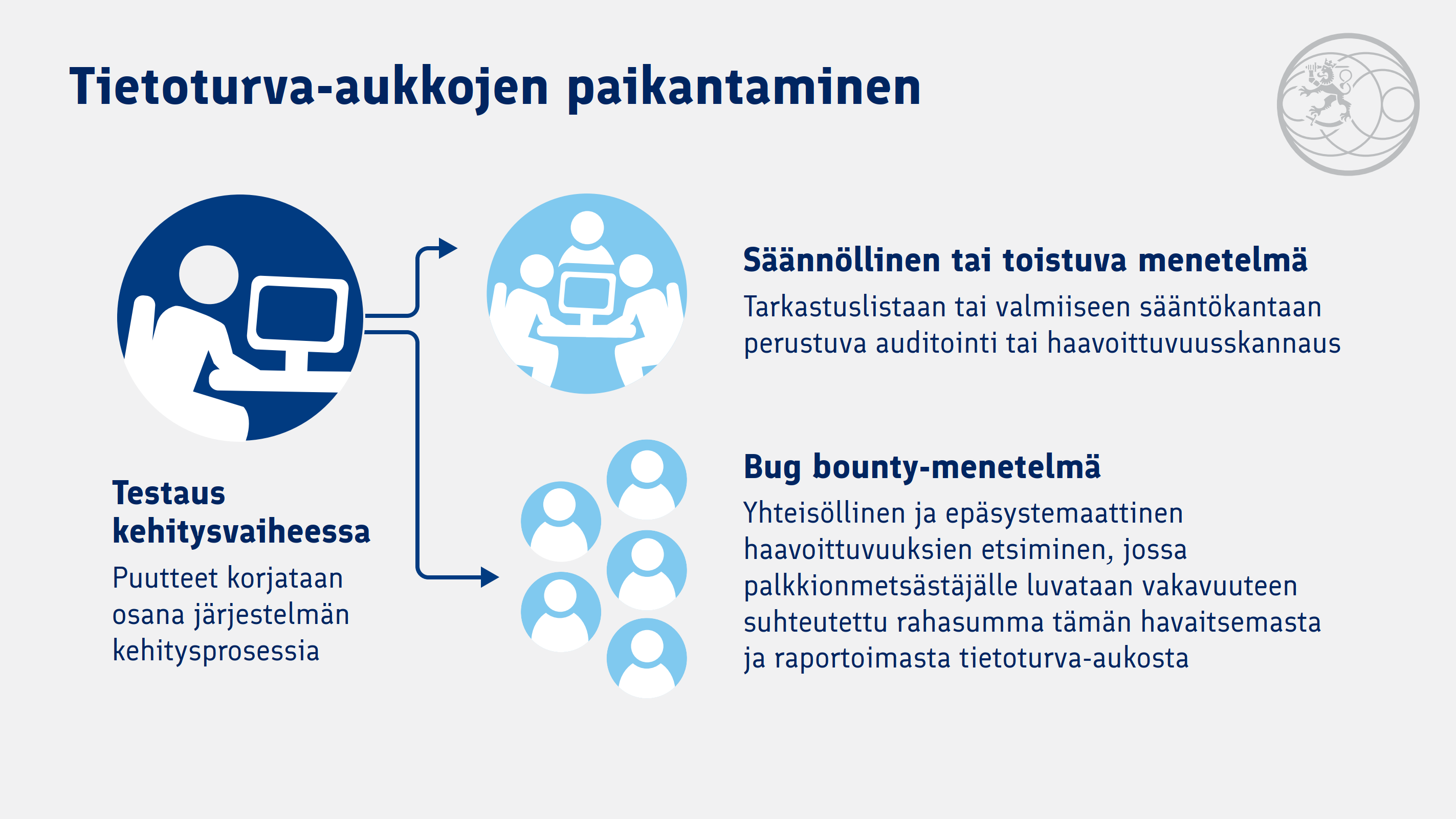NordenBladet — The Nordic Ministers for Cooperation will meet under the leadership of Minister Thomas Blomqvist in Mariehamn 13-14 September 2021. At the meeting, the ministers will prepare the Nordic Council of Ministers’ budget for 2022 and explore the state of the Nordic freedom of movement when they meet the Freedom of Movement Council. The fourth ministerial meeting during the Finnish Presidency will be held in close cooperation with the Åland Islands and will be part of the celebrations for its 100th anniversary as an autonomous region.At their meeting, the ministers will prepare the budget of the Nordic Council of Ministers for 2022 and discuss sustainable development objectives in cooperation. The vision for Nordic cooperation is to be the most sustainable and integrated region in the world. The meeting will be attended by the Freedom of Movement Council at the lead of its Chair Kimmo Sasi. The aim of discussions will be to lay the foundations for work related to freedom of movement in coming years and to tackle the current prospects of freedom of movement work, which are overshadowed by the restrictions introduced by the pandemic, which have hampered the everyday lives of citizens. The ministers will also receive an overview of Nordic cooperation during the pandemic, as a basis for further action and the development of crisis time cooperation models. Jan-Erik Enestam, who was appointed by the ministers for cooperation to carry out a study on strengthening cooperation in times of crisis, will be a guest at the meeting. The meeting will also include discussion on the more effective management of financial and project management by the Secretariat of the Council of Ministers.
Source: Valtioneuvosto.fi
